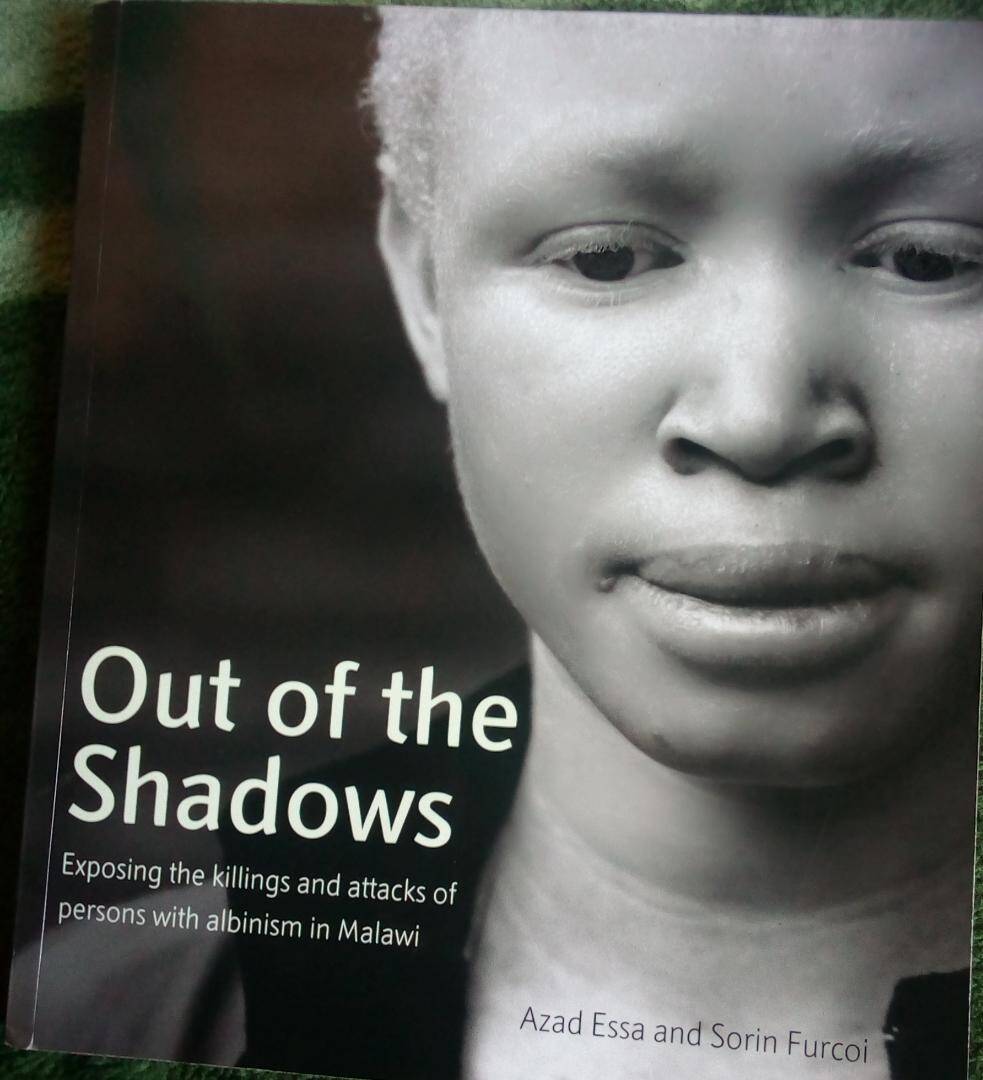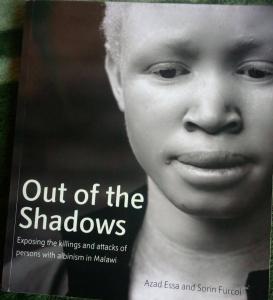
Amnesty International has launched a book titled “Out of the Shadows” which narrates the realities faced by persons with albinism who are hunted in Malawi for ritual purposes.
The book was launched Thursday at at Bingu International Conference Centre (BICC) in Lilongwe.

Speaking with Malawi24, Amnesty Regional Director Deprose Muchena said the book is a contribution to the campaign in Malawi against the killings and attacks of persons with albinism using the victims’ voices and testimonies to pressure government put the issue at heart.
Muchena added that they want the country to be committed to the agenda of leaving no one behind by including persons with albinism in social and economic aspects of this country.
“What is clear for persons with albinism in Malawi and across southern Africa is that they live in fear of abduction, we have as well discovered that they are not safe at birth and death as such we want measures that eliminates factors of fears that people are experiencing.
“We also want measures around education, social, protection and empowerment that enables persons with albinism not to be victims of persecutions,” he explained.
The authors of the book, Ezad Essa and Sorin Furcoi, who work for Aljazeria said the book gives insight into the mind of the perpetrators, victims and survivors involved in the attacks, kidnappings and killings of persons with albinism.
In the book, the authors demonstrated that the attacks are conducted by criminal gangs and in some cases family members due to the toxic mix of superstition, desperate socio-economic conditions and rituals which drive people into believing that body parts of a person with albinism contain mythical powers that can make one rich, cure disease and drive away bad luck.
Essa and Furcoi said despite 163 cases of attacks on persons with albinism being recorded between November 2015 and May 2019 in the country, few seem to know where the trade takes place or are able to point to an instance of money changing hands.
Government through Director for Disability in the Ministry of Gender, Children, Disability and Social Welfare, Felix Sapura thanked Amnesty International for the book and pledged to make it available in all government bookshops and offices so that people can have knowledge on what is and has been happening regarding the issues to with persons with albinism.
Reports show that survivors of the attacks have been left with deep physical and psychological scars and remain fearful that those who hunt them might return.
Several districts across the country have recorded cases of killings and abductions of persons with albinism over the years.














